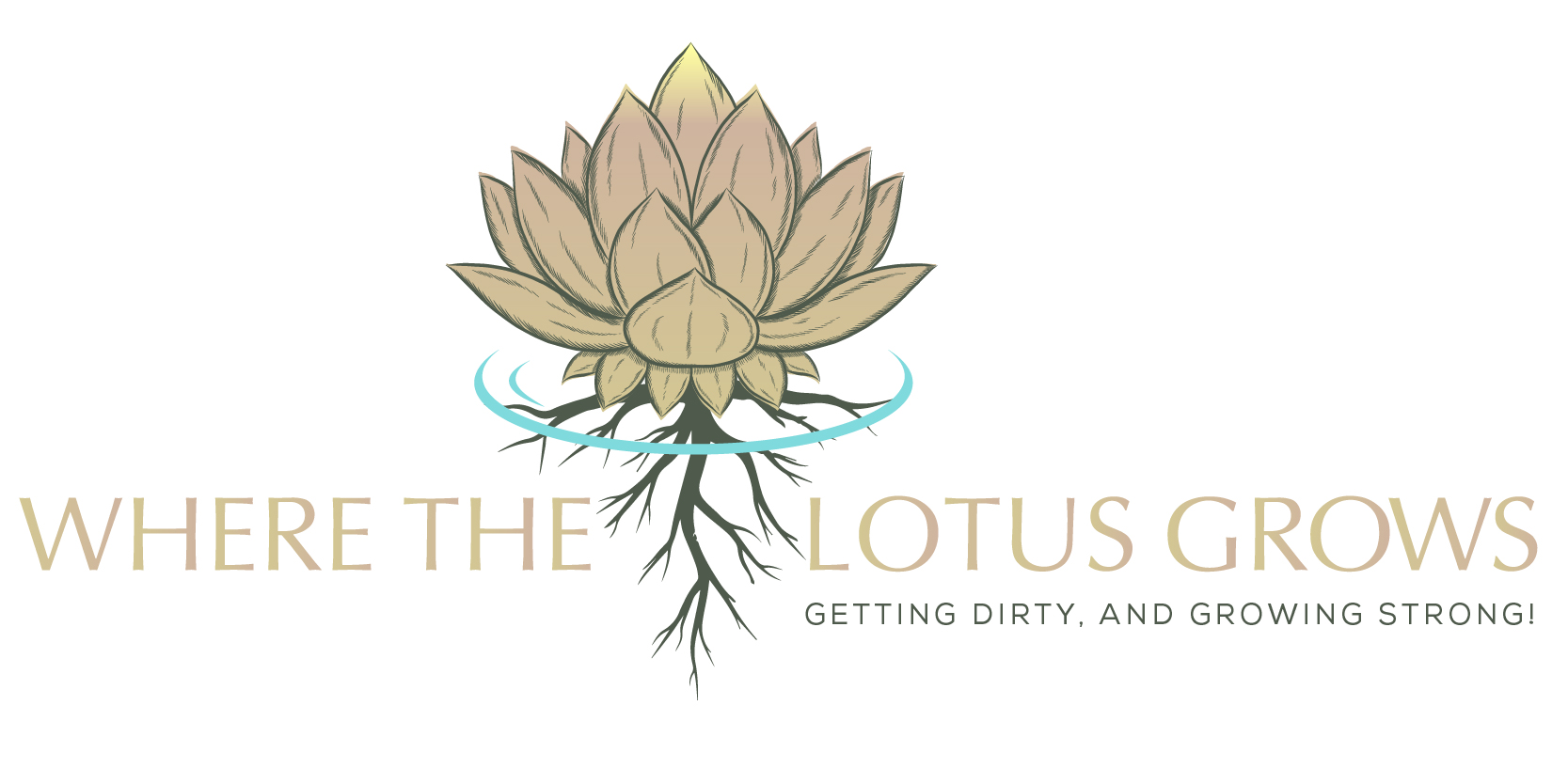Episode 24: Let Thy Food Be Thy Medicine
Hippocrates, Ancient Greek physician and the “Father of Medicine” is often quoted as stating “let thy food be thy medicine,”and yet society would eventually evolve to do just the opposite. Literally the SAD (standard American diet) is killing our species, not to get all doom and gloom, but its frightening. So, let's take a look at how our bodies use and process food and how we can become a more healthy species by following the wise words of Hippocrates.
Not to get all high school biology on you, but for a moment let’s just refresh. The main purpose of food is fuel for our bodies and our brains. We need it to provide a wide range of vitamins, minerals, and macronutrients (fats, proteins, carbohydrates) to fuel our cells.
Traditionally, these foods come from plant and animal sources. Currently more and more foods are bioengineered; some for good some for you not so good for you. Food related illness: Obesity, Cardiovascular/endocrine, Autoimmune deficiencies, Food allergies, Autism spectrum, Addiction, Diabetes and so on.
There are different types of diets: (vegetarian, vegan, paleo, low carb, slow carb, ketogenic, blood type diet, Ayurvedic, weight watchers, Adkins, etc., etc.) All pros and cons, some better than others, no shame in what works for you. Importance of a healthy diet most likely includes veggies, fruits, whole grains, and maybe lean meats - Getting back to those traditional forms of nutrients that fuel and nourish the body. Less is more, learning what is needed for your body to function optimally. You may not need as much as you think. Avoid things that hurt or damage your digestive system, cells. Work on emotions, practice mindfulness surrounding food (preparation and eating), feed your soul as well as your body.
Kim speaks from her experience- she believes in whole foods. She believes in all food groups and all foods fit, however, if you have food that makes you ill please skip it. For example, Kim has a gluten sensitivity, is allergic to chocolate, HFS and lavender, and reacts poorly to dairy. You can track which foods give you energy and which foods make you feel sluggish. Kim believes in intuitive eating and using the hunger scale as a way to gage fullness and hunger it even allows for a communication style to use with your family. There is a difference in quality of food. If you have a tight budget spend the money on getting a quality oil and then the items on the dirty dozen list purchase those in organic form or grown local. Keep costs down by eating in season. Food prep on the weekend for the coming week and freeze them for later in the week to help you stay on track.
For the 2018 Dirty Dozen list, Environmental Working Group (EWG) singled out produce with the highest loads of pesticide residues. This year the list includes, in descending order, strawberries, spinach, nectarines, apples, grapes, peaches, cherries, pears, tomatoes, celery, potatoes and sweet bell peppers. The clean fifteen vegetables are Avocados and sweet corn were the cleanest: only 1 percent of samples showed any detectable pesticides. More than 80 percent of pineapples, papayas, asparagus, onions and cabbage had no pesticide residues. Links to the full list of the dirty dozen and clean fifteen are listed in the show resources.
Show Resources:
Eating Mindfully: How to End Mindless Eating and Enjoy a Balanced Relationship with Food https://www.amazon.com/dp/160882330X/ref=cm_sw_r_cp_tai_lKhsCbKQQ9X9E
Eating Mindfully: How to End Mindless Eating and Enjoy a Balanced Relationship with Food https://www.amazon.com/dp/160882330X/ref=cm_sw_r_cp_tai_lKhsCbKQQ9X9E
https://g.co/kgs/ryDDcA Toxic Puzzle Film
https://g.co/kgs/esbj3f Food Inc.
https://g.co/kgs/c7ocLU Forks Over Knives
